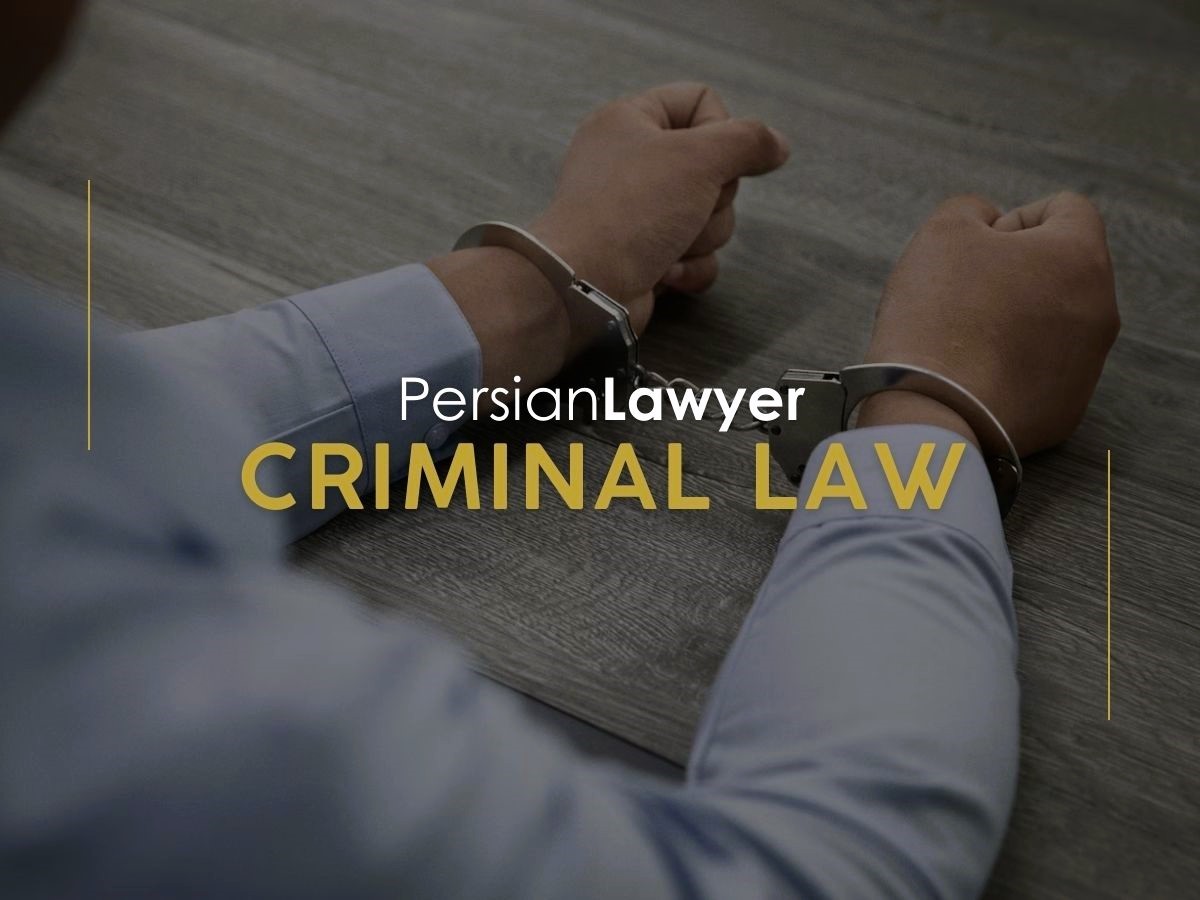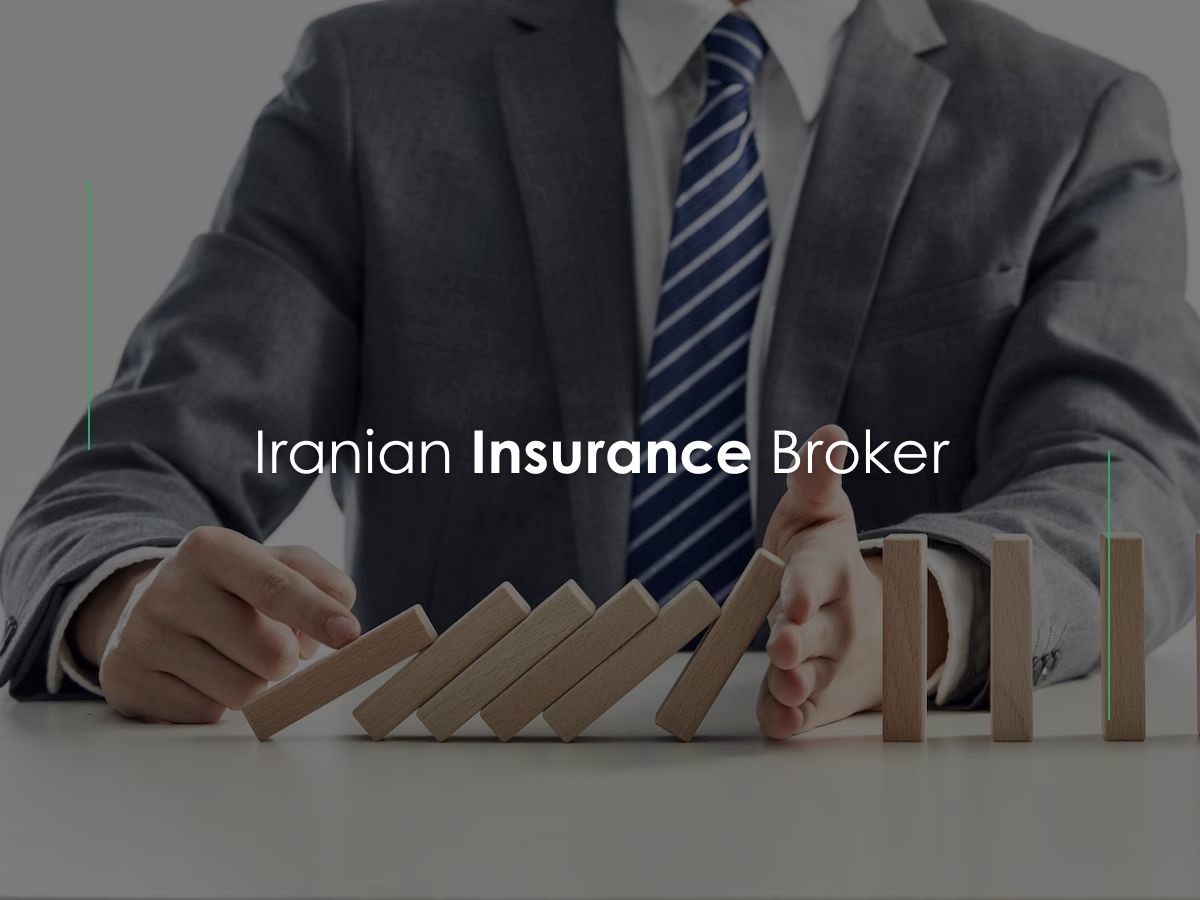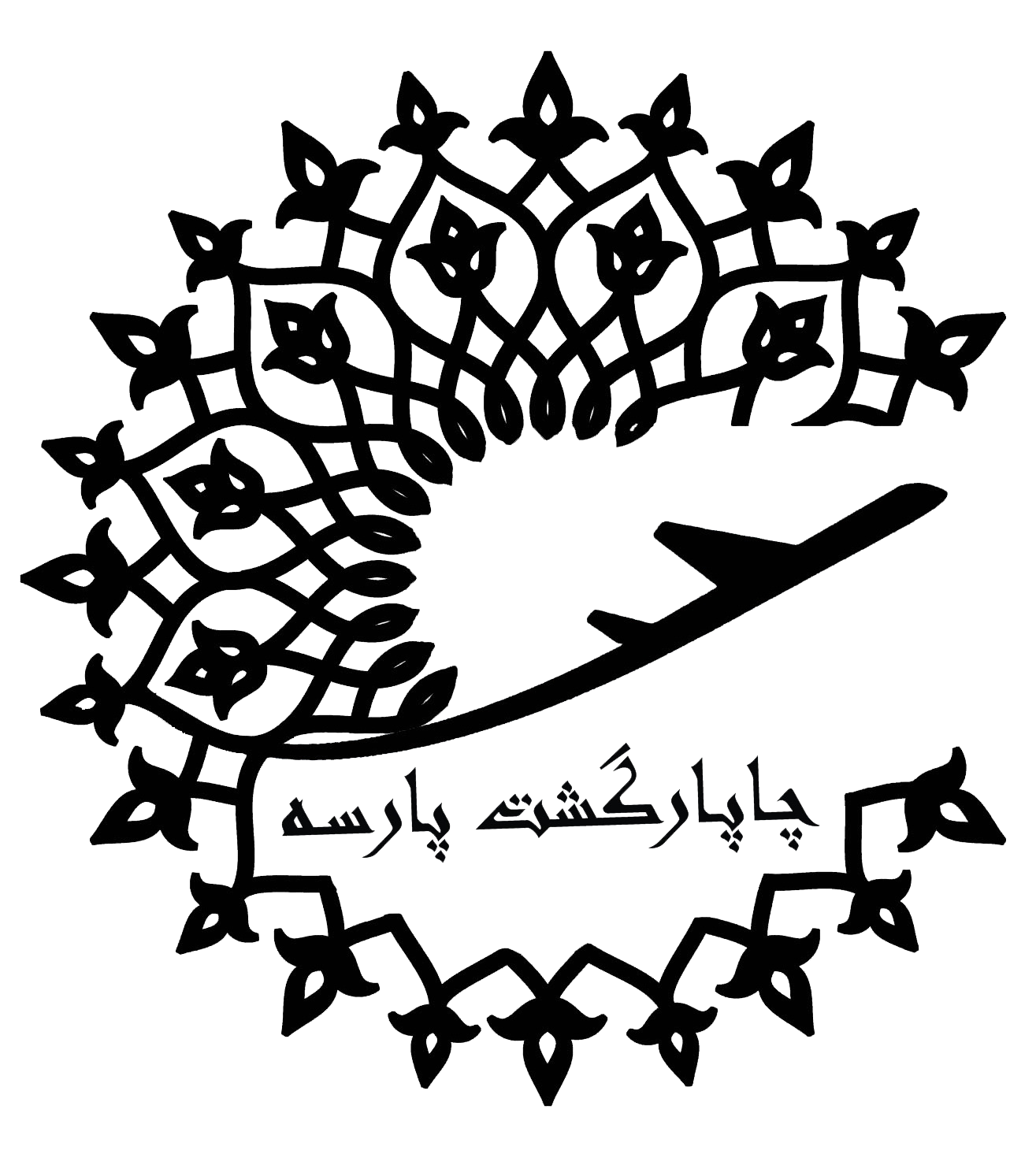
For conflict resolution, asset and liability disclosure, child custody and more, Iranian divorce lawyers can help you proficiently. According to “Destination Iran”, the “Iranian Attorney” website has introduced a sufficient amount of information on this topic.
IranianAttorney.info – In the realm of family law, Iranian Divorce Lawyers in the United States play a crucial role in helping families navigate complex legal matters. Among the numerous issues they address, child support is a significant and sensitive area that requires expertise, empathy, and a deep understanding of both the legal framework and the unique needs of the families they serve.
Enforcement and Modifications:
Iranian Divorce Lawyers assist clients in enforcing child support orders and seeking modifications when circumstances change. Whether it’s due to a change in income, custody arrangements, or other factors, they guide clients through the legal processes necessary to ensure that child support arrangements remain just and appropriate.
- Legal Actions: Persian Divorce Lawyers are well-prepared to take legal actions to enforce child support orders when a non-custodial parent fails to meet their financial obligations. They assist custodial parents in filing petitions with the court, initiating legal procedures to compel the delinquent parent to make payments.
- Wage Garnishment: One common enforcement method involves wage garnishment, where the child support payments are automatically deducted from the non-custodial parent’s paycheck. Iranian attorneys guide their clients through this process, ensuring that payments are reliably collected.
- Property Liens: In cases of extreme non-compliance, Iranian lawyers may help custodial parents seek property liens against the delinquent parent’s assets, such as real estate or bank accounts, to secure the owed child support.
- Contempt of Court: When a non-custodial parent consistently ignores court orders, Iranian Divorce Lawyers can file motions for contempt of court. This legal action can result in penalties, including fines or even imprisonment, to compel compliance.
- Professional License Suspension: In some cases, the suspension of professional licenses, such as driver’s licenses or occupational licenses, may be pursued to encourage compliance with child support orders. Iranian attorneys navigate the legal avenues for pursuing these measures.
Conflict Resolution:
Conflict can be especially detrimental to children. Iranian Divorce Attorneys employ conflict resolution techniques, such as negotiation and mediation, to help parents reach amicable child support agreements. This approach aims to reduce emotional distress for all parties involved.
- Mediation Services: Persian Divorce Lawyers often act as mediators, facilitating productive discussions between parents. Through mediation, they create a neutral and safe space for parents to openly communicate their concerns and negotiate child support agreements. This collaborative approach encourages parents to work together in the best interests of their child.
- Alternative Dispute Resolution (ADR): In cases where mediation may not suffice, Iranian attorneys explore alternative dispute resolution methods such as arbitration or collaborative law. These approaches provide structured processes for resolving disputes outside of the courtroom, allowing parents more control over the outcome.
- Conflict Mitigation: Conflict can be detrimental to children’s well-being. Iranian lawyers emphasize the importance of minimizing conflict’s impact on children and encourage parents to maintain open and respectful communication. They provide guidance on effective co-parenting strategies that prioritize the child’s best interests.
- Legal Negotiation: When negotiations between parents require legal intervention, Iranian Family Lawyers advocate for their clients’ interests while striving to reach fair and mutually agreeable solutions. They engage in constructive discussions with the opposing party to find common ground and avoid protracted legal battles.
- Child’s Best Interests: Throughout conflict resolution efforts, Iranian attorneys keep the child’s best interests at the forefront. They remind parents that the ultimate goal is to create a stable and supportive environment for the child, fostering cooperation even amid disagreements.
Financial Disclosure:
Transparent financial disclosure is essential in child support cases. Iranian Divorce Lawyers guide clients through the process of providing accurate financial information, helping to establish a clear picture of the financial resources available for child support.
- Income Verification: Iranian attorneys work closely with their clients to verify and document their income sources comprehensively. This includes salary and wages, bonuses, rental income, investments, self-employment earnings, and any other financial resources that may contribute to the child’s well-being.
- Expense Documentation: In addition to income, Persian Divorce Lawyers help their clients document necessary expenses. This may include rent or mortgage payments, utilities, healthcare costs, educational expenses, and other expenditures related to the child’s needs.
- Asset and Liability Disclosure: Iranian lawyers assist clients in disclosing assets and liabilities accurately. This includes bank accounts, real estate, vehicles, debts, and any other financial holdings that may impact the calculation of child support.
- Tax Returns and Financial Statements: Clients are advised to provide copies of their tax returns, financial statements, and other relevant financial documents. These documents offer a comprehensive view of their financial status and are crucial in determining child support amounts.
- Exemptions and Deductions: Iranian Divorce Lawyers ensure that their clients are aware of any applicable tax exemptions, deductions, or credits that may affect child support calculations. This information can have a significant impact on the final support order.

Parenting Plans:
Iranian Family Lawyers assist parents in crafting comprehensive parenting plans that address not only financial support but also custody, visitation schedules, and parental responsibilities. These plans promote co-parenting cooperation and reduce potential disputes.
- Custody and Visitation Schedules: Iranian attorneys assist parents in defining custody arrangements, specifying which parent will have physical custody and when. They work with parents to create visitation schedules that are clear, consistent, and tailored to the child’s needs and age.
- Decision-Making Authority: Parenting plans detail how major decisions about the child’s life will be made. Persian Divorce Lawyers help parents determine who will have decision-making authority concerning education, healthcare, religion, extracurricular activities, and other significant aspects of the child’s life.
- Communication Protocols: Effective communication between parents is essential for successful co-parenting. Iranian lawyers help establish communication protocols that facilitate ongoing dialogue and ensure that both parents remain informed and involved in the child’s life.
- Conflict Resolution Mechanisms: In recognition of the potential for disputes, parenting plans often include conflict resolution mechanisms. Iranian Divorce Lawyers advise parents on how to handle conflicts and disagreements, whether through mediation, arbitration, or other dispute resolution methods.
- Child Support Provisions: Child support arrangements are an integral part of parenting plans. Iranian attorneys ensure that child support obligations, payment schedules, and financial responsibilities are clearly outlined and aligned with legal requirements.
Divorce Lawyers:
Iranian Divorce Lawyers bring a wealth of expertise and cultural sensitivity to the realm of family law, particularly in child support matters. Their commitment to the best interests of the child, coupled with their legal proficiency and dedication to amicable solutions, make them invaluable allies for families navigating the complexities of child support and family law. Through their advocacy, they strive to create stable and nurturing environments where children can thrive and grow.
Disclaimer: This article is for informational purposes only and does not offer any legal advice.













